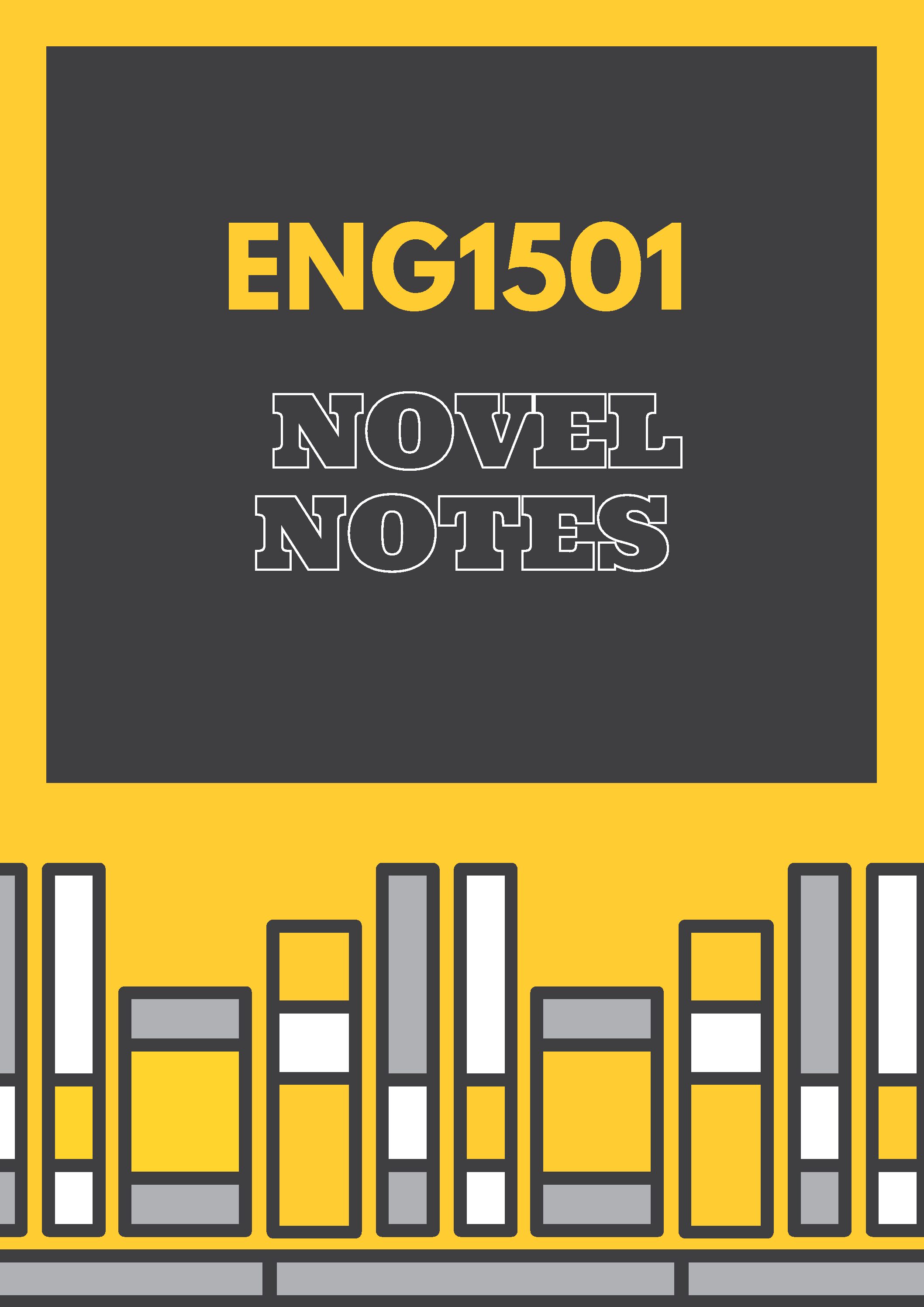Description
This document is Assignment 03 for ENG1501 – Foundations in English Literary Studies, focused on the analysis of the novel Small Things by Nthikeng Mohlele. Section A presents a reflective engagement with prior reading experiences and key narrative techniques studied in the module. Section B provides an in-depth thematic analysis of unrequited love in the novel, with a close reading of selected passages and metaphors such as the moth and flame. The assignment includes personal interpretation and academic commentary aligned with the course study guide. Small Things analysis Nthikeng Mohlele ENG1501 assignment unrequited love in literature narrative perspective literary themes South African literature novel reflection first-person narrative emotional symbolism ASSIGNMENT 03: The Novel Small Things by Nthikeng Mohlele Due date: 11 August 2025 This assignment comprises two sections. Both sections are compulsory. Section A: Reflection: Novel (Unit 4) In a response of 300 to 400 words, reflect on Unit 4 of your Study Guide (Tutorial Letter 501) and your experience of the prescribed novel, Small Things. Write your reflections in paragraph form guided by the questions below. 1. Prior to embarking on your study of this module and this unit, did you read any novels? If you did previously read any novels: Share the title of one novel you liked, reflecting on what you liked about it (refer to specific aspects of the novel that appealed to you, such as, for example, its genre, setting and/or characters). If you can, also share the title of a novel you have (tried to) read but did not like, explaining what you did not like about it. If you did not previously read any novels, explain briefly why not: What prevented you from reading a novel (this could be external circumstances or simply your own interests)? 2. Reflecting closely on your study of Unit 4, explain which parts of the unit you understood well (be sure to state something specific you have learnt!), and explain which parts of the unit you found difficult to understand or grasp (remember, be specific!). Refer closely to the unit in your response. 3. Describe your experience of reading the prescribed novel, Small Things, and briefly relay your thoughts on the novel. Did you find it an ‘easy’ or a ‘difficult’ read? Did you find it interesting—why/why not? Who was your favourite character, and why? Who was your least favourite character, and why? How did reading the novel make you feel? What did you think of the ending of the novel? Section B: Small Things – Nthikeng Mohlele A central plot point and theme in the novel Small Things is the narrator’s love for Desiree. His love for her starts when he is a schoolboy and is the first thing relayed in the opening lines of the novel, and his feelings about her remain a significant focus throughout the novel, which spans across his life. His feelings about Desiree range from obsession to desolation, and he poignantly describes his love for her as being like a moth drawn to a flame, “Desiree the confident flame, and I the suicidal moth” (Mohlele 2013: 60).* Question: Using the extract detailed below as a starting point, write an essay in which you discuss the narrator’s love for and relationship with Desiree in the novel. In particular, focus on: the theme of love; on how the narrator summarises his relationship with Desiree in the extract; and on how the narrator describes his feelings towards Desiree, and hers towards him, throughout the novel. Your response should closely consider diction and other literary devices as relevant to the topic. *NB: This page reference is from the electronic edition of the book. In the electronic edition, the extract on which you are required to focus begins on p. 60 with the words, “Something unexpected happens. I watch a moth, …” and ends on p. 61 with the words, “To think. All of three hours” (Mohlele 2013: 60 – 61). If you are using the hardcopy (printed) prescribed edition of the book instead, the extract on which you are required to focus is the same, but it begins on p. 83 with the words, “Something unexpected happens. I watch a moth, …” and ends on p. 84 with the words, “To think. All of three hours” (Mohlele 2013: 83 – 84). When writing your essay: • Focus on the theme of love and how the narrator describes his love for Desiree, both in the given extract and elsewhere in the novel. • Consider how, in turn, Desiree’s love for the narrator (or lack thereof) is described in the novel. • You may also want to consider, as relevant, Desiree’s characterisation (which, remember, we only see through the subjective view of the first-person narrator) in general. • Focus on how the narrator’s relationship with Desiree is depicted throughout the novel. • Consider the impact of the ‘moth to a flame’ metaphor for describing their love and relationship; in particular, consider how Desiree, the flame, is described in this passage, and how the narrator, the moth, is described. • Reflect on how the narrator’s love for Desiree evolves throughout the novel, which spans across several decades of his life. • Ensure that you closely examine diction and other literary devices in discussing the above points. Before you start writing your essay, you should: 1. Revise the sections on ‘Characterisation’ (p. 45) and ‘Theme’ (p. 55) in Unit 3 of your Study Guide (Tutorial Letter 501). 2. Then, carefully study Unit 4 of Tutorial Letter 501. 3. Then, closely consider the given extract from Small Things. When performing your close reading of the extract, please do, as instructed, pay careful attention to diction (that is, how words are used and how they convey meaning). Remember that literary devices such as metaphor, imagery, hyperbole, and so on are all part of diction and are the building blocks of any novel. When doing a careful reading of a novel, or any literary work, examining diction (word choice) is where you start. 4. Carefully plan your essay, following the steps in the section on ‘How to Write about a Novel’ in Unit 4 of your Study Guide.






Reviews
There are no reviews yet.